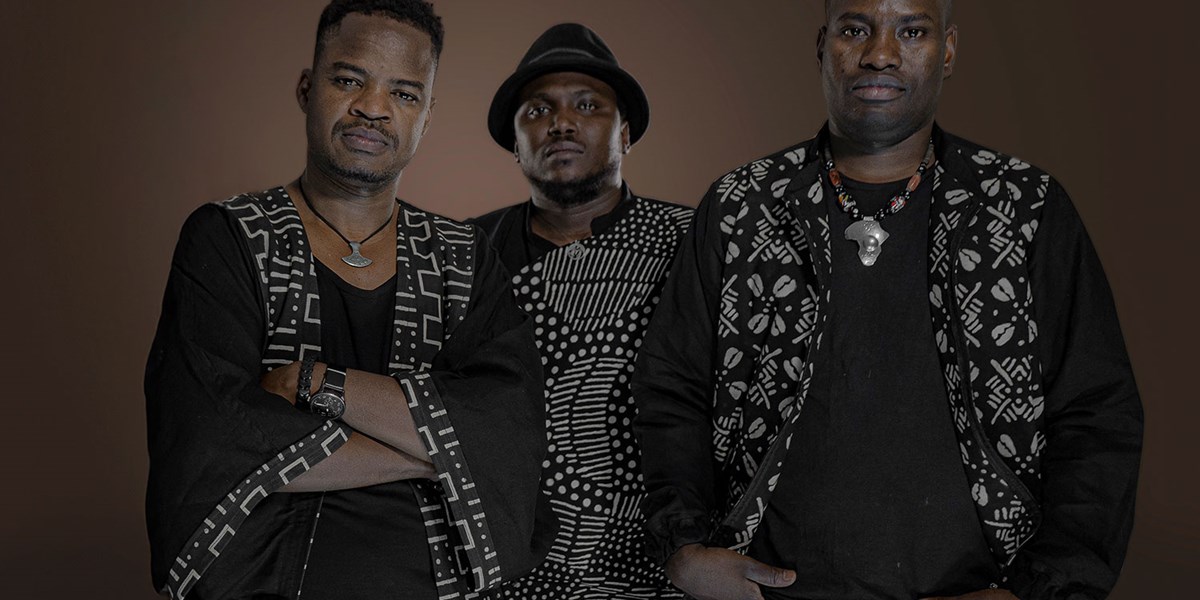Thursday, January 30, 2025
Songhoy Blues: “[We] like to make people dance… but our social concerns are the reason for the music”
From their discovery in Bamako by Damon Albarn’s Africa Express in 2013 to the global release of their latest stripped-back album in 2025, Robin Denselow traces Songhoy Blues’ journey through exile, resistance and optimism

Songhoy Blues

Register now to continue reading

Thanks for visiting the Songlines website, your guide to an extraordinary world of music and culture. Sign up for a free account now to enjoy:
- Free access to 2 subscriber-only articles and album reviews every month
- Unlimited access to our news and awards pages
- Our regular email newsletters

